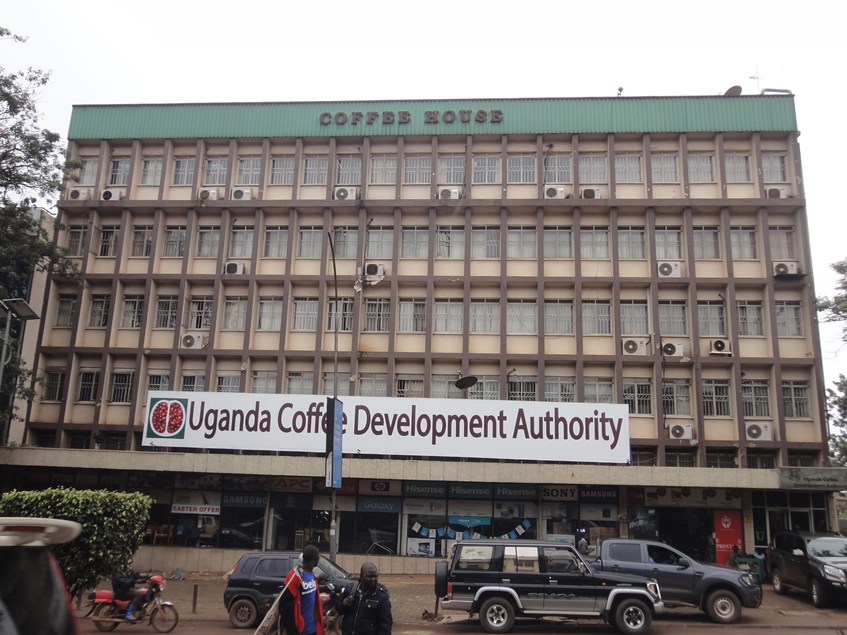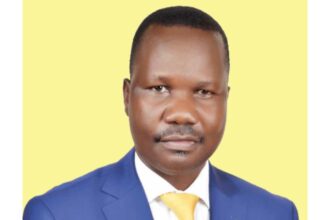In a dramatic turn of events, Charles Peter Mayiga, the Katikkiro of Buganda on Friday voiced strong opposition to the government’s plan to phase out the Uganda Coffee Development Authority (UCDA).
Mayiga’s warning adds to the heap of cautions that many stakeholders in the coffee industry have made to the government and it also underscores a broader debate on the future of Uganda’s coffee industry, a sector crucial to the nation’s economy.
The Ugandan government has proposed transferring the roles of UCDA to the Ministry of Agriculture, Animal Industry, and Fisheries (MAAIF) as part of a broader rationalization effort aimed at saving Shs1 trillion per year.
This move is part of a wider strategy to streamline state agencies and reduce public expenditure. President Yoweri Museveni and Members of Parliament from three committees agreed this week to move forward with this rationalization, albeit with a significant caveat: UCDA will remain an autonomous entity for the next three years.
On September 6, 2024, the National Resistance Movement (NRM) Parliamentary Caucus endorsed this transitional arrangement, which will also apply to the National Information Technology Authority, Uganda (NITA-U). The decision allows these entities to operate independently while the government implements its rationalization plans.
However, on Friday while meeting officials from UCDA on the issues of registering coffee farmers as per EU market requirements, Mayiga argued that phasing out UCDA would be a monumental error.
He emphasized that the Uganda Coffee Development Authority plays a crucial role in maintaining the quality and expanding the reach of Uganda’s coffee sector. “Abandon the idea of phasing out UCDA,” Mayiga urged, highlighting the authority’s pivotal role in adhering to the European Union’s Due Diligence Regulation (EUDR) and other quality control measures. According to Mayiga, UCDA is not only a regulatory body but also an advocate for quality and extension services in the coffee sector.
He further stated that UCDA requires increased financial and logistical support rather than dismantling. Mayiga’s call to Parliament is for increased funding to support UCDA’s expanding role as the coffee sector continues to grow.
The Buganda Parliamentary caucus has echoed Mayiga’s sentiments, resolving not to support the transfer of UCDA to MAAIF. Coffee stakeholders have long been vocal about their concerns regarding this move. They argue that MAAIF is already overburdened and that Uganda’s coffee industry may suffer without dedicated oversight.
Prof. Ezra Suruma, a key figure in the establishment of UCDA in 1991, also weighed in, stressing the importance of preserving well-functioning institutions.
“The existence of UCDA has been indispensable to the orderly expansion of the coffee sector,” Suruma asserted. He pointed out that under UCDA’s stewardship, coffee production has surged from three million to eight million bags in just five years. Suruma contends that many countries are now looking to Uganda’s coffee success as a model, thanks to UCDA’s efforts.
Suruma also emphasized the need for prioritization, noting that coffee may not receive the attention it needs if UCDA is absorbed into MAAIF. “If an institution is working well, why abolish it?” he questioned, advocating for the preservation of effective institutions.
As Uganda continues to navigate the complex landscape of public sector reform, the fate of UCDA remains a contentious issue. The debate reflects broader concerns about the future of critical sectors and the importance of maintaining institutions that contribute significantly to national development.
With the transitional period for UCDA and NITA-U now in effect, stakeholders and policymakers alike will be watching closely to see how these changes unfold and impact Uganda’s coffee industry.
Do you have a story in your community or an opinion to share with us: Email us at Submit an Article









